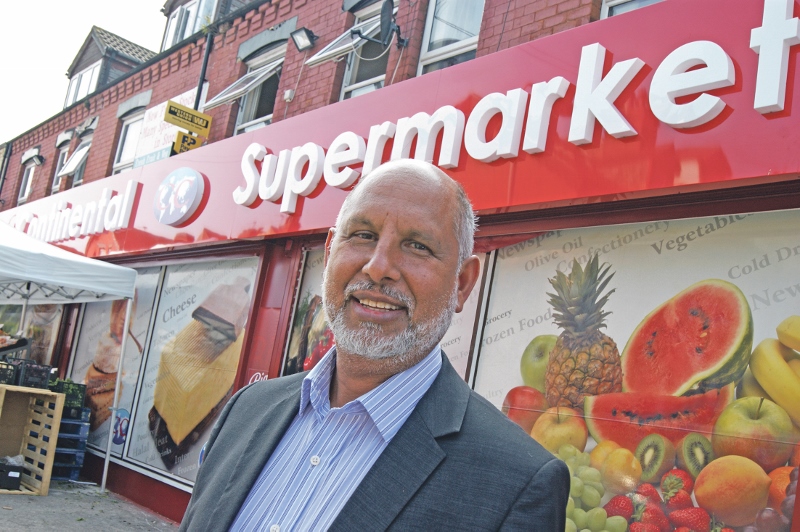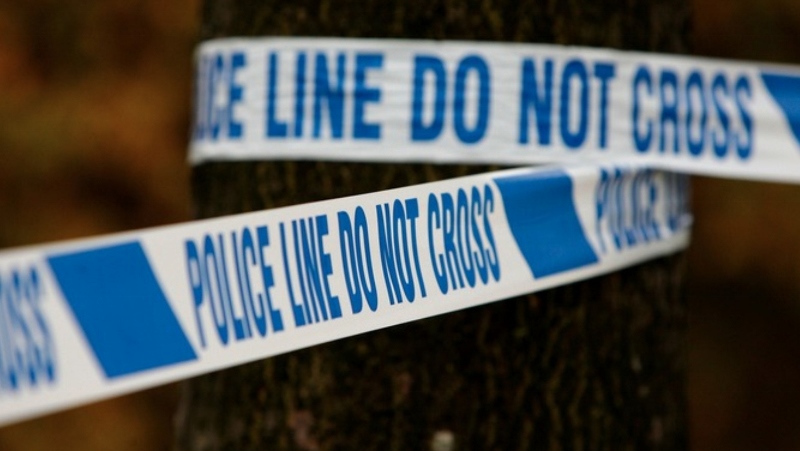
Regulated train fares to rise by 1.9 per cent in England
Rail fares on half of UK journeys are set to increase by an average of 1.9 per cent from January next year, in line with the latest official inflation figures.
It comes as research by trade unions suggests rail fares have increased at double the speed of wages since 2010.
But the government said wages were now rising faster than fares, and the rail industry said £50 billion was being spent on improving the network.
Some routes are expected to see prices rise by £150 for an annual rail pass while the average yearly season ticket is set to cost an extra £40 next year.
The RPI inflation rate has been between 1.3 per cent and 1.6 per cent since the start of the year, suggesting that July’s figure could be in the region of 1.5 per cent.
This would see the average cost of an annual season ticket rise by £41 to about £2,777.
A yearly ticket through National Rail from Birmingham to London would rise by £151 to an eye-watering £10,231.
The Department for Transport is likely to announce the fare hikes this week, at a time of continuing disturbance from industrial action on the network.
About half of rail fares are regulated, including season fares on most commuter journeys.
Some off-peak return tickets on long distance trips and ‘anytime’ tickets around major cities are also regulated.
While the government sets the cap for the rise in regulated fares, unregulated fares, such as off-peak leisure tickets, can go up by as much as train companies like.
TUC general secretary Frances O’Grady said rail passengers were “paying more and getting even less”, and called for rail services to be nationalised.
“Fares go up while trains remain overcrowded, stations are unstaffed, and rail companies cut the guards who ensure journeys run smoothly and safely.
“It’s time for rail services to be publicly owned, saving money for passengers and taxpayers alike.”














